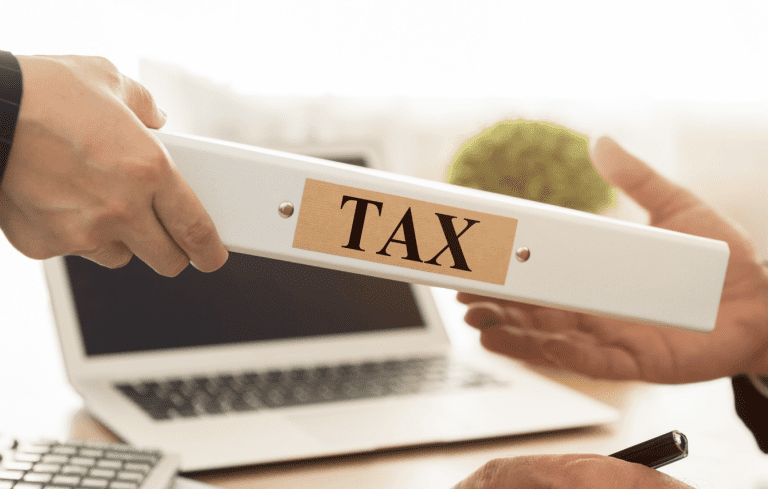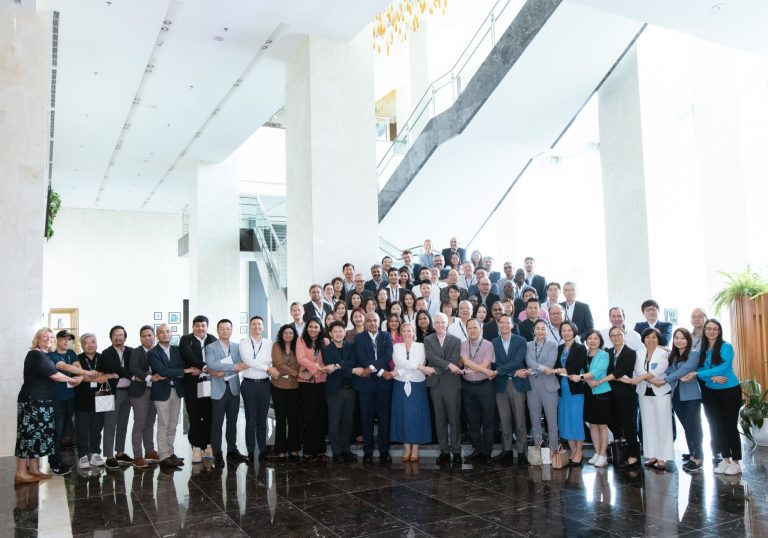With not many sleeps until Christmas and not long until another calendar year ticks over, we thought this would be a good time to re-cap a hectic year in SMSF changes and significant developments in the realm of SMSF accountants.
Event-Based Reporting
This was the most significant change where SMSFs with members receiving retirement phase income streams had to report their 30 June 2017 values to the ATO by 1 July 2018. Then came the next reporting date of 28 October 2018 for those quarterly reporting funds, which had a reportable event occur from 1 July 2017 to 30 September 2018, including the commencement of new retirement income streams. Subsequent reporting deadlines will be the 28th of the month following quarter end. Those funds with no reportable events occurring for any members will not need to report to the ATO.
Should a member receive an excess Transfer Balance Account Determination from the ATO, please get in touch with your administrator or tax agent so they can evaluate the determination and decide the best course of action for rectification.
Broadening eligibility for personal concessional contributions deduction
The criteria for claiming personal concessional contributions was widened by removing the “10% rule” from 1 July 2017. This rule previously limited the deductions to self-employed individuals, with no more than 10% of their income coming from salaried employment.
As such, individuals can now claim a personal tax deduction if they are:
- less than 65 years of age; or
- if aged 65 but under age 75, they need to satisfy the work test (ie. an individual must be gainfully employed for at least 40 hours during 30 consecutive days during the financial year), and before the contribution is made.
For the deduction to be permitted, individuals must formally notify their SMSF of this wish and submit a signed notification of intent to claim the deduction prior to their personal income tax return lodgement for the year and no later than the end of the following financial year.
Downsizer Contributions
From 1 July 2018, a one-off non-concessional contribution of up to $300,000 from the sale of their home for individuals (or up to $600,000 for a couple) aged 65 and over will be available under this scheme. These contributions do not count towards the non-concessional contribution caps, nor are they affected by the total superannuation balance test.
Catch up on Concessional Contributions
The 2018/19 financial year will be the first year this catch-up opportunity can be used. That is, individuals with a superannuation balance of less than $500,000 as of 30 June 2018 can carry forward their unused concessional contribution cap from the 2017/18 year into the 2018/19 year for a rolling five-year period.
First Home Super Saver Scheme
Since 1 July 2017, individuals can make voluntary concessional and non-concessional contributions to your fund to save for their first home. Then from 1 July 2018, access to the voluntary contributions and earnings to this scheme was made available subject to eligibility criteria being met.
Adding back LRBA Balance to Total Superannuation Balance
For new LRBAs commencing on or after 1 July 2018, a proportion of the outstanding loan balance will be “added back” to a member’s Total Superannuation Balance if:
- the individual whose superannuation interests are supported by the asset held under the LRBA, has met a condition of release with a nil cashing restriction (i.e. reached age 65, retired, is permanently incapacitated or is terminally ill or injured), or
- the lender is a related party of the fund members.
Younger individuals who enter into an LRBA where the lender is a commercial lender (or indeed an unrelated party) may not be affected by these measures (unless they were, say, terminally ill).
Conclusion
With all the recent changes in superannuation legislation, your SMSF’s trust deed rules must be up-to-date and reflective of these changes to support the latest SMSF strategies. Please contact our office should you wish to discuss more about this or any other superannuation queries you may have.
Kreston Stanley Williamson Team
*Correct as of December 2018
Disclaimer – Kreston Stanley Williamson has produced this article to serve its clients and associates. The information contained in the article is of general comment only and is not intended to be advice on any particular matter. Before acting on any areas in this article, you must seek advice about your circumstances. Liability is limited by a scheme approved under professional standards legislation.














